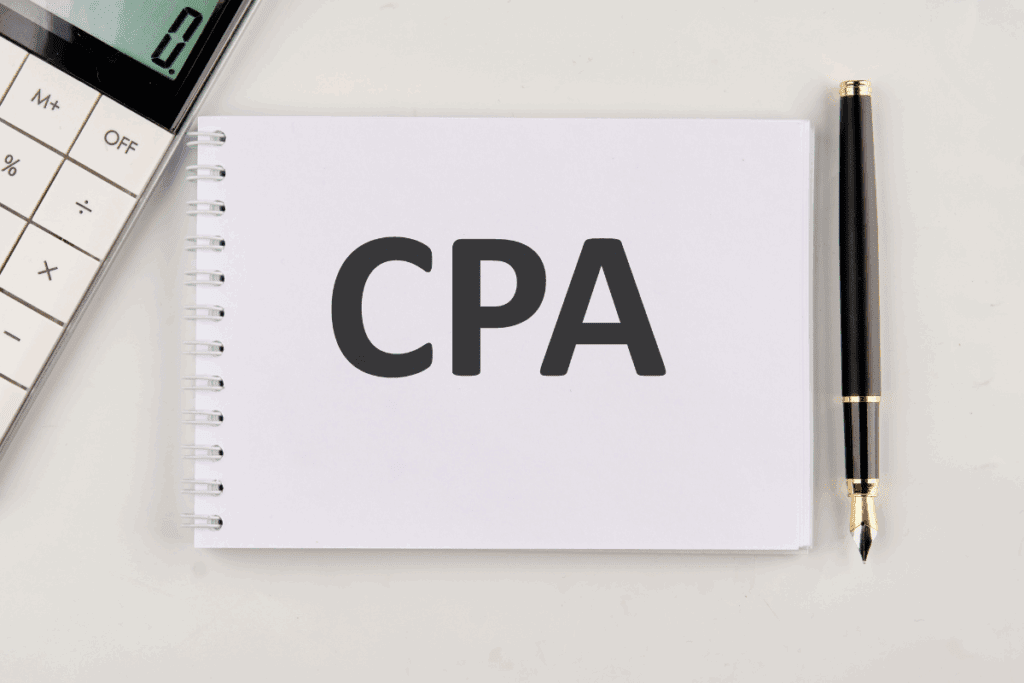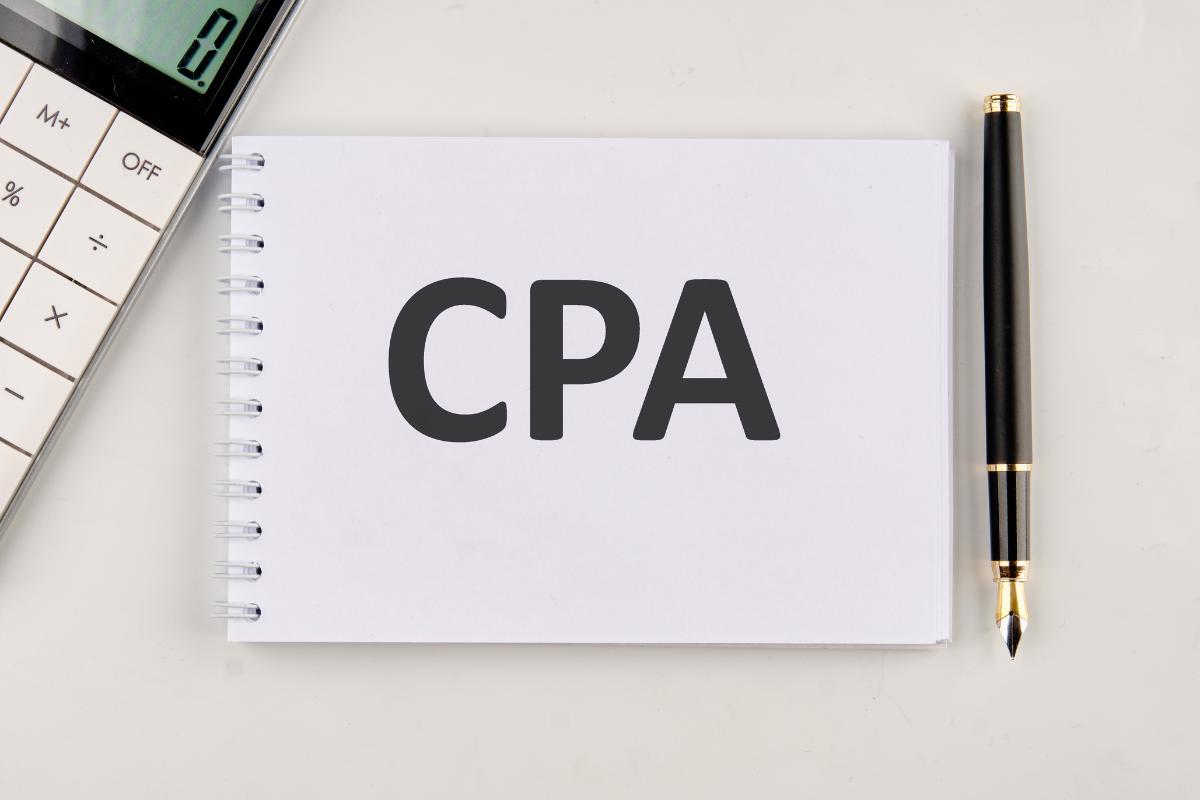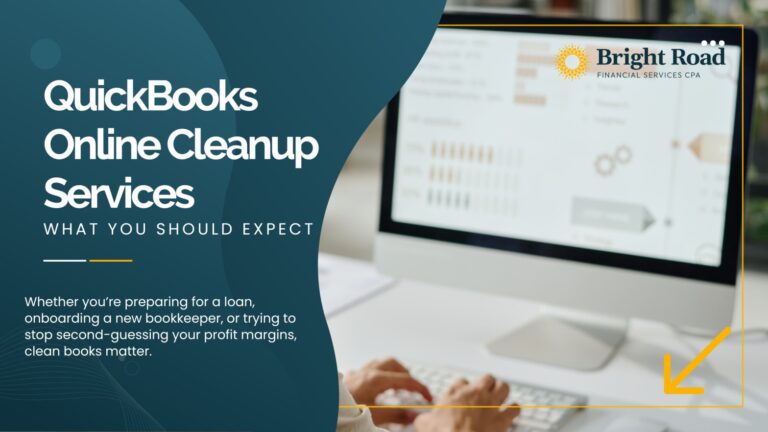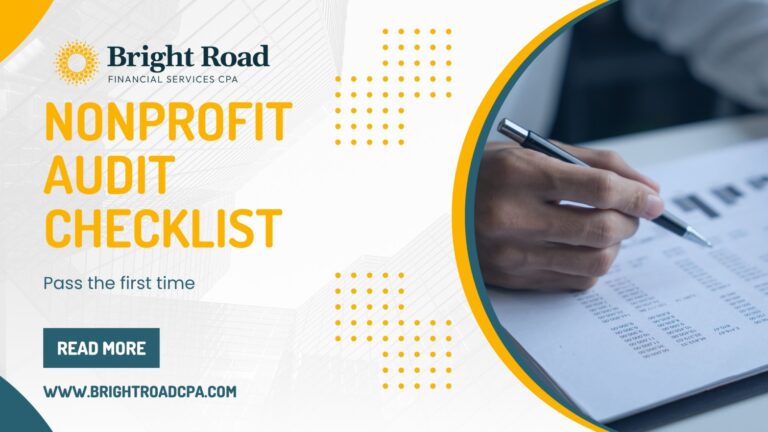Top 7 Ways a CPA Can Help You Save on Business Taxes

Running a business means wearing a lot of hats — but when it comes to taxes, it’s smart to pass the hat to an expert. A Certified Public Accountant (CPA) does more than just file your tax return. The right CPA can be a strategic partner in reducing your tax liability, improving your cash flow, and making sure you stay compliant year-round.
Here are 7 Ways a CPA Can Help You Save on Business Taxes, both now and in the long run.
1. Strategic Tax Planning All Year Round
Most businesses only think about taxes during filing season — but by then, it’s often too late to make impactful changes. A CPA works with you throughout the year to plan ahead, taking advantage of deductions, credits, and timing strategies that can minimize what you owe.
Pro Tip: Meet with your CPA quarterly to adjust your tax strategy based on income changes, expenses, or new legislation.
2. Identifying Industry-Specific Deductions
Each industry has its own set of tax breaks — but many business owners don’t know what qualifies. CPAs who specialize in your niche can help uncover less obvious deductions, such as R&D credits, depreciation methods, or specific write-offs tied to your business type.
3. Helping You Choose the Right Business Structure
Your business entity type (LLC, S Corp, C Corp, etc.) has a major impact on how much you pay in taxes. A CPA can advise you on the most tax-efficient structure for your size, revenue, and growth plans — and even help you transition if it’s time to change.
4. Depreciation & Capital Expense Optimization
Do you know the difference between expensing and capitalizing an asset? A CPA does — and they can help you maximize depreciation over time to reduce your taxable income. Section 179 and bonus depreciation rules change often, and CPAs keep track of how to apply them in your favor.
5. Payroll Tax Efficiency
Handling employee payroll in-house can lead to costly errors and missed savings. A CPA can ensure proper classification of workers (W-2 vs. 1099), advise on payroll tax credits, and help you set up tax-advantaged retirement or benefits plans that reduce your business’s tax burden.
6. Leveraging Tax Credits You May Be Missing
From the Employee Retention Credit (ERC) to clean energy incentives, tax credits can significantly lower your tax bill — but they’re often underused or misunderstood. A CPA knows how to find and file for these credits, even retroactively in some cases.
7. Keeping You Compliant and Avoiding Penalties
IRS penalties for late or incorrect filings can wipe out any tax savings you’ve achieved. A CPA helps you stay compliant with all federal, state, and local tax laws — so you don’t lose money on avoidable mistakes.
Final Thoughts: A CPA is an Investment, Not an Expense
Hiring a CPA may seem like an added cost, but for most businesses, it pays for itself many times over. Whether you’re a solo entrepreneur or scaling a multi-location company, having a trusted CPA on your team can translate into real, measurable tax savings.
Ready to Optimize Your Business Taxes?
If you’re not already working with a CPA — or think you could be getting more from your current advisor — now’s the time to act. The earlier you plan, the more you can save.
Contact us today at brightroadcpa.com or call 937-247-6001 to learn more.







